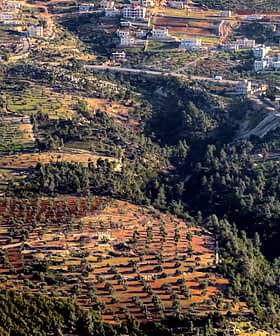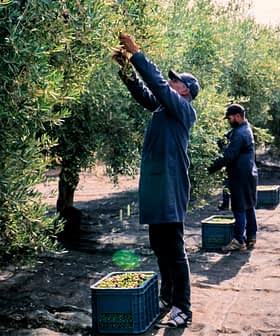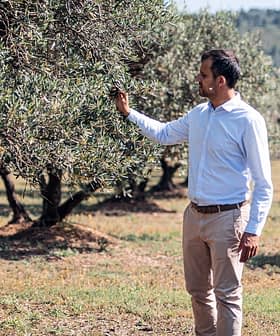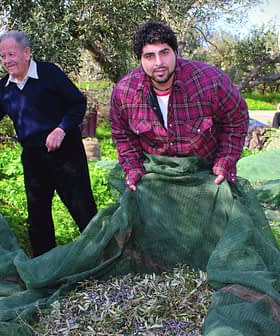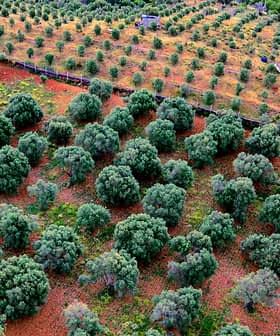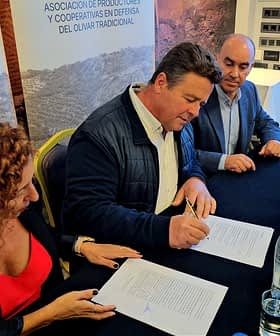Olive Growers in Madrid Benefit from CAP Funds
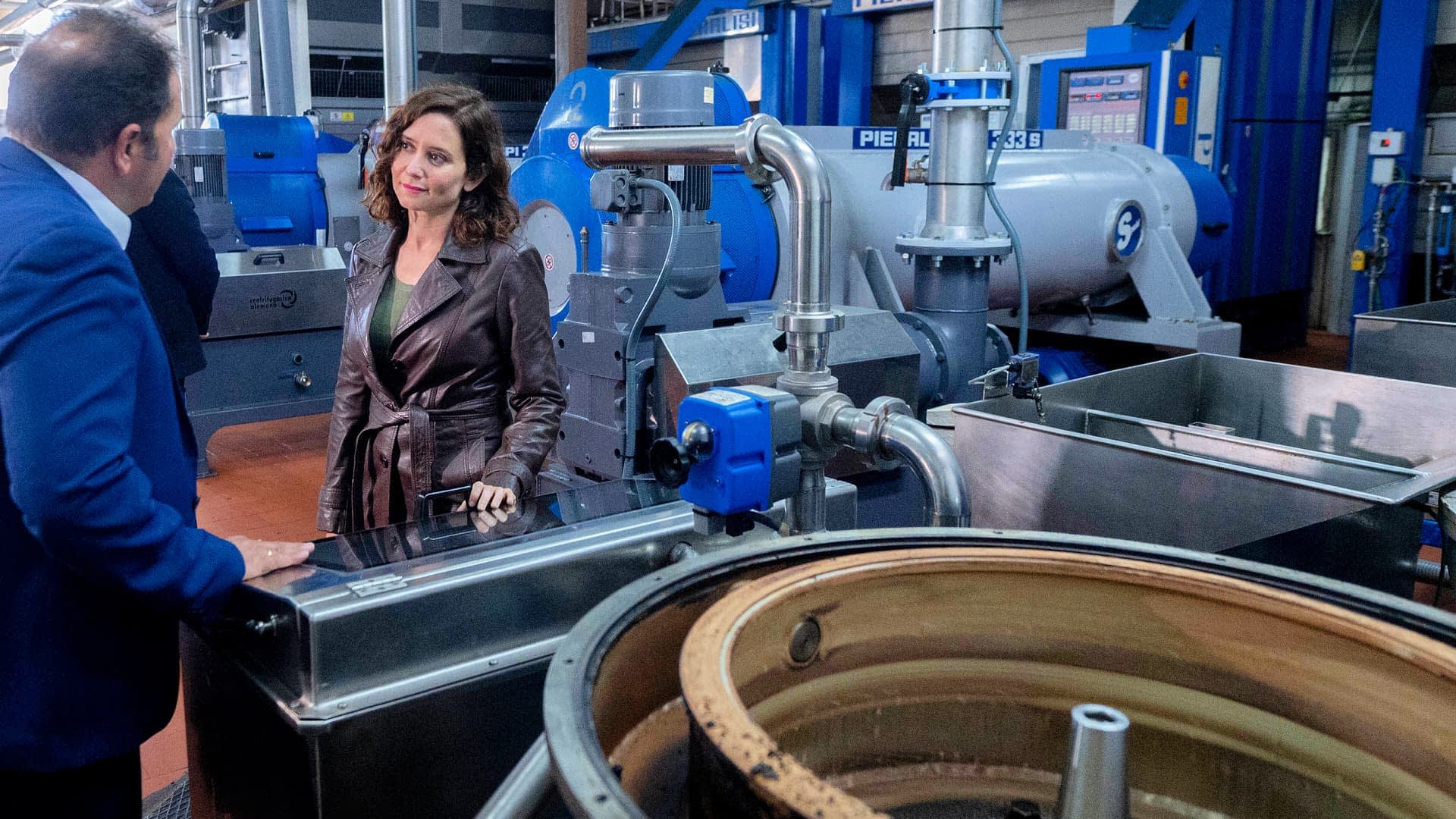
Officials in Madrid have approved funds from Spain’s national strategic plan for the Common Agricultural Policy to support organic and traditional olive groves, providing €8.5 million to olive growers in Madrid until 2027. The initiative aims to promote biodiversity, traditional olive cultivation practices, and support growers who were affected by Storm Filomena in 2021, with the European Union also approving a Protected Designation of Origin certification for extra virgin olive oil produced in Madrid.
Officials in the autonomous community of Madrid have approved the release of funds from Spain’s national strategic plan for the Common Agricultural Policy (CAP) to support organic and traditional olive groves.
The initiative provides €8.5 million to olive growers in Madrid until 2027, when the current CAP expires, who follow the requirements and the commitments included in the policy.
“It is very interesting to promote biodiversity and traditional olive trees,” Pedro Laguna, owner of Villaconejos-based Oleum Laguna, told Olive Oil Times. “This will also help growers who suffered the huge damage caused by Storm Filomena in 2021 when many trees had to be felled and new plantations took their place.”
The funding announcement came after the European Union approved the Protected Designation of Origin certification for extra virgin olive oil produced in Madrid.
See Also:Olive Oil Production Expected to Fall Below 1M Tons in Spain“When we think about Madrid, we all visualize the capital with its large buildings, museums, restaurants, asphalt and cars,” Laguna said. “But in the region, there is also farmland. Even though it is not that large, we have a vibrant agricultural community.”
There are about 20,000 hectares of olive groves in the community of Madrid, representing approximately one percent of Spain’s total olive-growing surface area.
To be eligible for the funding, the regional government requires farmers to follow traditional olive cultivation practices instead of planting at high-density or super-high-density (intensive or super-intensive) for a minimum of five years.
Furthermore, farmers must have at least one hectare of olive groves with between 60 and 150 trees following “a regular and homogenous distribution” to receive funds.
Eligible farmers will receive €100 per hectare up to 40 hectares. Traditional farms larger than 40 hectares will receive €60 per hectare.
Like many of his colleagues in Villaconejos, about 40 kilometers south of the capital, Laguna cultivates traditional and high-density olive groves on 55 hectares.
“We work with traditional century-old olive trees which were planted in 10 by 10 meter lots,” he said. “These are quite different than the 2 by 5 meters of the intensive olive crops.”
“In Villaconejos, there are olive trees more than 300 years old,” Laguna added. “Local olive growers are quite knowledgeable about this type of plant, a knowledge and experience passed on to the younger generations.”
Along with harvesting his olives, Laguna also buys olives from other local growers in Vallaconejos, which is home to a significant portion of the region’s olive groves, along with the nearby municipalities of Las Vegas, Suroccidental and La Campiña.
The area produces up to 6,500 tons of olive oil in an average season, and seven of the 18 active olive mills focus solely on organic olive oil production.
Many traditional growers in the area have a long tradition of organic farming, which has helped protect the area’s rich biodiversity.
“Any organic product is the bearer of health, and when we are talking about extra virgin olive oils, that is even more so, given its high content in oleic acid and polyphenols,” Laguna said.
“We use compost and manure to increase the soil’s organic matter; we work to have our soil better retain nutrients and moisture, thus decreasing water stress for the olives,” he added. “At the farm, we also work on the plant cover to fix nitrogen naturally and avoid soil erosion.”
Laguna’s family has grown olives in Madrid for at least four generations. “Since 2017, my sister Pilar and I started a project to build an organic, environmentally-friendly farm focused on early harvests and high-quality extra virgin olive oil production,” Laguna said.
While olive oil is at the core of Spanish cuisine, the general public pays far less attention to how it is produced or whether it is organic. However, Laguna said this may be starting to change.
“There is still a long way to go in terms of education, but there is more concern about the ecological issue, and this makes consumers increasingly differentiate organic food from conventional food,” Laguna said.
Besides public funding and the acknowledgment that traditional groves are most compatible with maintaining biodiversity, Laguna believes that preserving traditional olive groves requires promoting the culture behind them.
“We started offering oleotourism experiences, through which our guests can visit the fields, see firsthand the process of olive transformation and taste our three different types of extra virgin olive oils,” he said.


